Description
Omega 3-6-9 Oils provides a carefully blended combination of these healthy fats
Omega 3-6-9 Supplement (high in EPA and DHA), balanced to optimal levels of each to ensure adequate intake of the essential polyunsaturated and monounsaturated fatty acids.
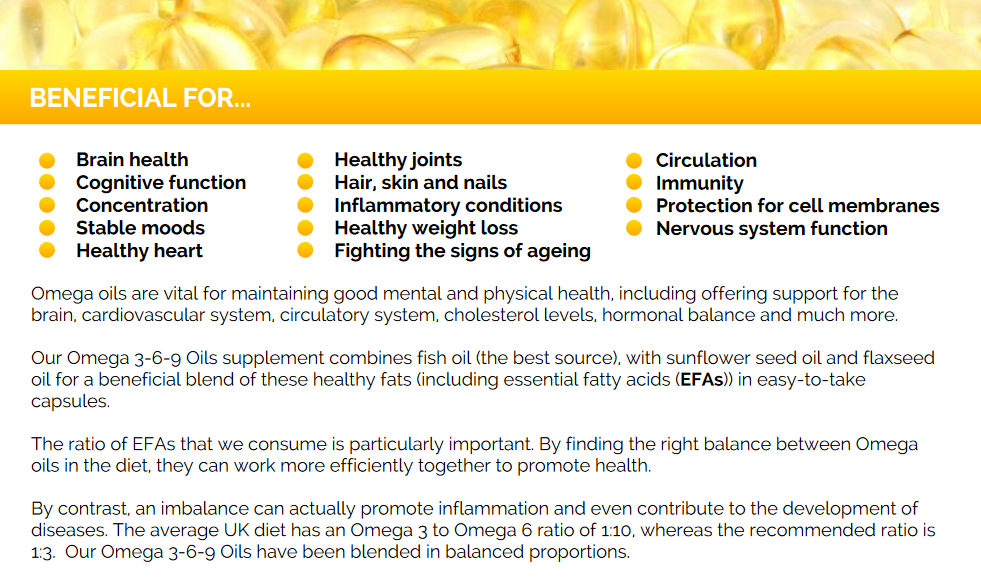
Omega 3 and 6 fatty acids are essential and must be sourced from the diet. Omega 9 fatty acid is not considered essential (as it can be manufactured by the body), but its inclusion in the diet has been associated with a range of health benefits.
This supplement is derived from sunflower seed oil, flaxseed oil and fish oil (the best source), plus added vitamin E. A high-strength formula (1000mg) and in an easy-to-swallow gel capsule form.
Omega oils and essential fatty acids
When most people think of fats, they think of foods that will lead to weight gain and deterioration of health.However, while some fats (particularly saturated) should be avoided, there are others that are essential to maintaining good health.
These “good” fats are typically missing from the average Western diet. Scientists have broken down two types of polyunsaturated fats into what are called Omega 3 and Omega 6 essential fatty acids (EFAs). It is vital to include these acids (good fats) in our daily diet, because the body cannot produce them itself.
Essential fatty acids (EFAs)
Found in every cell in the body, Omega 3s and Omega 6s play an important role in a number of biological functions and processes, ranging from maintaining cells and regulating body temperature , to affecting blood pressure, reproduction and immune function. When the body is deficient in EFAs, it uses saturated fats to create cell membranes.
This produces cells with rigid, inflexible membranes that have difficulty performing some basic cellular functions. Omega 9 is a monounsaturated fat (Oleic acid) and, in contrast to Omega 3 and Omega 6 oils, is not classed as an essential fatty acid because it can be produced by the body. However, it is still highly beneficial when also obtained from food.
Flaxseed oil
Flaxseed is one of the best sources of Omega 3 fatty acids. In addition, the oil is a rich source of lignans – a type of fibre that is changed by friendly bacteria in the gut into compounds that can help to fight against disease.
Lignans can also help to modulate hormone levels and relieve some of the symptoms often associated with menopause, such as hot flashes and yeast infections due to vaginal dryness.
Flaxseed oil is also used to support symptoms of premenstrual syndrome, which may be caused by hormonal imbalance. Relatively recently, yet more good news was discovered about Omega 3 rich flaxseed oil – Omega 3 fatty acids can lower blood levels of the protein homocysteine . Elevated levels of this protein are believed to be a major risk factor for heart disease.
Bodybuilders also claim that flaxseed oil supplements increase their stamina and assist with faster recovery after workouts.
Flaxseed contains a natural antioxidant , which could explain why it helps tired muscles recover more quickly. In addition, its anti-inflammatory effect can also help to reduce muscle soreness.
Fish oil
It is now generally accepted that oily fish (the best source of Omega 3) is good for – amongst other things – the heart, arthritis, skin disorders and some cases of chronic headache . In Greenland, where much oily fish is eaten, heart disease is scarcely known.
By stark contrast, in Britain an average of 200,000 people die of heart disease each year. Western affluence diseases from a diet of excess saturated fat (from meat, dairy products etc), may be reduced by even modest amounts of oily fish.
The main components of fish oils are docosahexaenoic acid (DHA ) and eicosapentaenoic acid (EPA).
DHA is abundant in oily fish and is found in high concentration in the grey matter of the brain and the retina of the eye. It is also instrumental in the function of brain cell membranes, which are important for the transmission of brain signals.
Essential for normal brain and eye development, DHA deficiencies have been linked to depression, dementia, mood changes, attention deficit hyperactivity disorder (ADHD), memory loss and visual problems .
Beyond the cardio-protective effects of Omega 3s, EPA is believed to be beneficial for many autoimmune and inflammatory disorders including arthritis, asthma, inflammatory bowel disease, systemic lupus erythematosus and psoriasis
.
There are also several psychotherapeutic mechanisms of action that occur in the presence of this essential fatty acid. There are several studies that have shown a link between low seafood intake to major depression, postpartum depression and schizophrenia, as well as to the severity of depressive symptoms.
Although research in this area is somewhat limited, EPA has at this point at least shown to improve symptoms of schizophrenia and depression and increase remission time in bipolar disorder.
Sunflower seed oil
Sunflower oil is high in vitamin E and low in saturated fat. Grown naturally, it contains the Omega 6 fatty acid linoleic acid, a polyunsaturated fat which makes up 65% of the oil in natural sunflower oil, and oleic acid, a monounsaturated fat making up 21%. Omega 6 fatty acids support brain function, healthy skin and bones and help to regulate the metabolism . They also play an important role in reproductive functioning
Vitamin E
D Alpha Tocopherol is a fat soluble vitamin and potent antioxidant. Not only does it have a powerful effect on the brain, it can help to protect against the harmful effects of free radicals, encourage recovery, ward off heart disease and support the immune system.
In addition to the benefits described above, vitamin E has been added to this balanced blend of Omega oils because fish oils oxidise very easily and can therefore add to the oxidant stress on the body. An increased intake of vitamin E can counteract this effect.
# Approved EFSA health claims:
These Omega oil capsules are a source of Eicosapentaenoic Acid (EPA), Docosahexaenoic Acid (DHA), Alpha-Linolenic Acid (ALA), Linoleic Acid (LA), Oleic Acid (OA) and vitamin E.
EPA and DHA contribute to the normal function of the heart (with a daily intake of 250mg) – click here and here for EFSA scientific opinion.
DHA and EPA contribute to the maintenance of normal blood pressure (with a daily intake of 3g of EPA and DHA)* – click here and here for EFSA scientific opinions.
DHA contributes to the maintenance of normal blood triglyceride levels (with a daily intake of 2g of DHA and when taken in combination with EPA)* – click here for EFSA scientific opinion.
DHA contributes to maintenance of normal brain function (with a daily intake of 250mg of DHA) – click here and here for EFSA scientific opinion.
DHA contributes to maintenance of normal vision (with a daily intake of 250mg of DHA) – click here and here for EFSA scientific opinion.
Maternal intake of DHA contributes to the normal brain and eye development of the foetus and breastfed infants (a daily intake of at least 200mg). Click here for EFSA scientific opinion.
ALA contributes to the maintenance of normal blood cholesterol levels (with a daily intake of 2g) – click here and here for EFSA scientific opinion.
LA contributes to the maintenance of normal blood cholesterol levels (with a daily intake of 10g) – click here and here for EFSA scientific opinion.
Replacing saturated fats in the diet with unsaturated fats contributes to the maintenance of normal blood cholesterol levels. OA is an unsaturated fat.
Vitamin E contributes to the protection of cells from oxidative stress.
*Users should not exceed a supplemental daily intake of 5g of EPA and DHA combined.

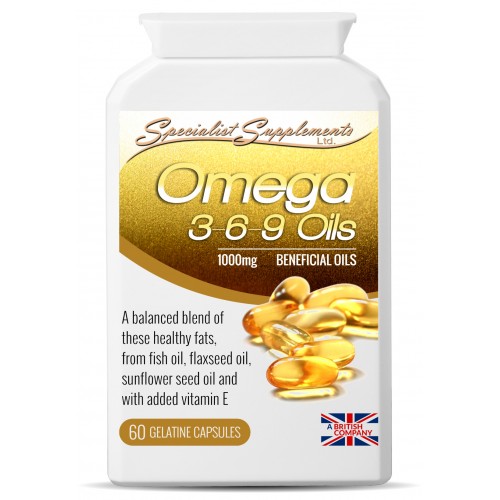

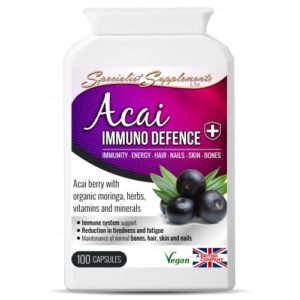
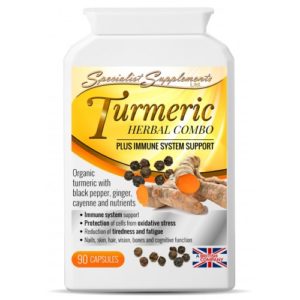
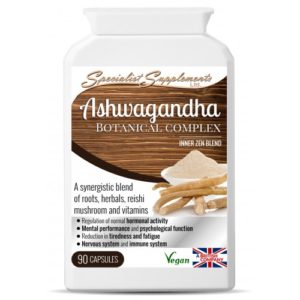

Reviews
There are no reviews yet.